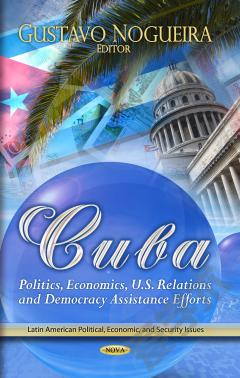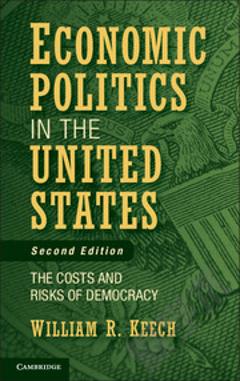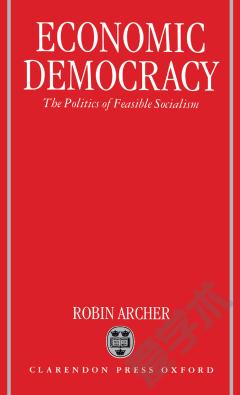Cuba: Politics, Economics, U.S. Relations and Democracy Assistance Efforts
Cuba remains a one-party communist state with a poor record on human rights. The country's political succession in 2006 from the long-ruling Fidel Castro to his brother Raul was characterized by a remarkable degree of stability. In February 2013, Castro was reappointed to a second five-year term as president, and selected a 52-year old former Education Minister Miguel Diaz-Canel as his First Vice President, making him the official successor in the event that Castro cannot serve out his term. Raul Castro has implemented a number of gradual economic policy changes over the past several years, including an expansion of self-employment. A party congress held in April 2011 laid out numerous economic goals that, if implemented, could significantly alter Cuba's state-dominated economic model. Few observers, however, expect the government to ease its tight control over the political system. This book provides an overview of Cuba's current political and economic situation; U.S. policy toward Cuba; and select issues in U.S.-Cuba relations.
{{comment.content}}








 京公网安备 11010802027623号
京公网安备 11010802027623号